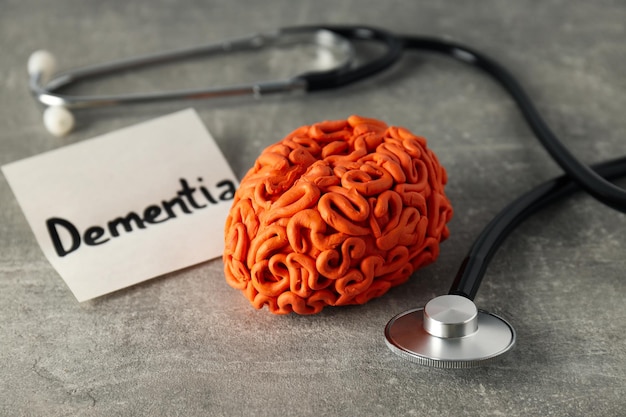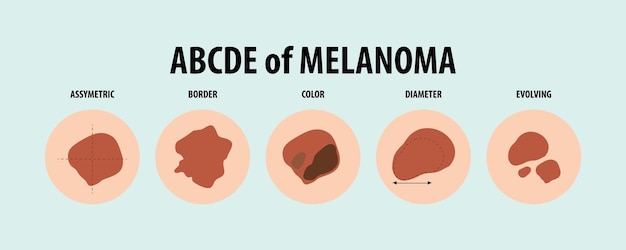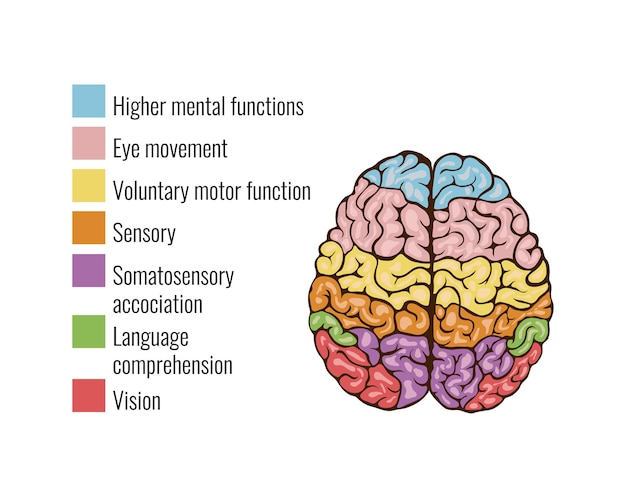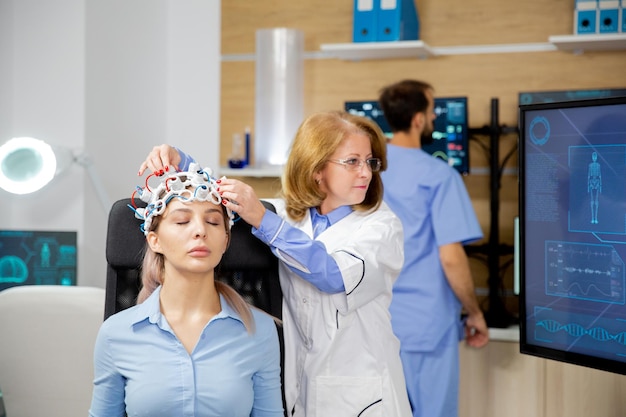Menopause brings a cascade of changes, not just in physical health but also in cognitive function. As estrogen levels decline, many women report memory lapses, particularly in remembering recent events or future tasks. A growing body of research suggests that estradiol-based hormone therapy may help support memory during this transition—but the benefits depend heavily on the method of administration.
Estradiol, the most potent form of estrogen, plays a crucial role in brain health. It influences synaptic plasticity, neurotransmitter activity, and neuroprotection—particularly in brain regions tied to memory, such as the hippocampus and prefrontal cortex.
Postmenopausal women experience a sharp drop in estradiol, which has been linked to subtle declines in cognitive performance. Hormone therapy (HT), especially when initiated early in menopause, may mitigate some of these effects. However, not all forms of HT are created equal when it comes to brain health.

Recent studies highlight that the way estradiol is delivered—oral versus transdermal—can lead to different cognitive outcomes. Specifically, memory improvements appear to vary between episodic and prospective memory, depending on the route.
Episodic memory refers to the ability to recall personal experiences and specific events—like what you had for breakfast or a conversation from yesterday. Research shows that transdermal estradiol (delivered via patches or gels) is associated with better episodic memory performance in postmenopausal women.
This may be due to more stable blood levels of estradiol achieved through the skin, avoiding the liver's first-pass metabolism. Oral estradiol, in contrast, undergoes significant processing in the liver, which can alter hormone metabolites and inflammatory markers—potentially reducing cognitive benefits.

Prospective memory involves remembering to perform actions in the future—like taking medication at a certain time or attending an appointment. Interestingly, studies suggest that oral estradiol is more closely linked with improvements in this type of memory.
While the exact mechanism remains under investigation, it's possible that the metabolic byproducts of oral estradiol or its effects on coagulation and vascular function indirectly support brain networks involved in planning and future-oriented tasks. However, these benefits do not appear to extend uniformly across all cognitive domains.
Despite positive effects on memory, estradiol therapy—regardless of route—does not appear to significantly influence executive function. This includes skills like problem-solving, attention control, mental flexibility, and decision-making.
One explanation may be that the brain regions responsible for executive function, such as the dorsolateral prefrontal cortex, are less sensitive to estrogen fluctuations or require different hormonal support. Additionally, age-related changes and other health factors may overshadow any potential benefits from estradiol in these cognitive areas.

The cognitive benefits of estradiol therapy are most pronounced when treatment begins early in the menopausal transition—often referred to as the 'critical window' hypothesis. Women who start therapy closer to the onset of menopause tend to experience more favorable outcomes than those who begin years later.
Other factors such as age at menopause, baseline cognitive status, genetic predisposition (e.g., APOE status), and overall cardiovascular health also influence how estradiol affects the brain. Therefore, a personalized approach is essential when considering hormone therapy for cognitive support.
These findings underscore the importance of tailoring menopausal hormone therapy not just to symptom relief, but to long-term brain health. Clinicians should consider the cognitive profile of their patients when selecting the type and route of estradiol therapy.
Future research should explore long-term outcomes, including the potential role of estradiol in reducing dementia risk. Ongoing studies are also evaluating combinations of estradiol with other hormones, as well as the impact of dosage and duration on cognitive trajectories.
Estradiol therapy offers promising cognitive benefits for postmenopausal women, particularly in memory domains. Transdermal estradiol appears to support episodic memory, while oral forms may enhance prospective memory. However, no significant effects have been observed on executive function.
Ultimately, the route of administration matters—and so does timing. As our understanding of hormone therapy and brain health evolves, women and their healthcare providers can make more informed decisions to support both quality of life and cognitive longevity.

Health

Health

Health

Health

Health

Health

Wellness

Health

Fitness

Health

Health